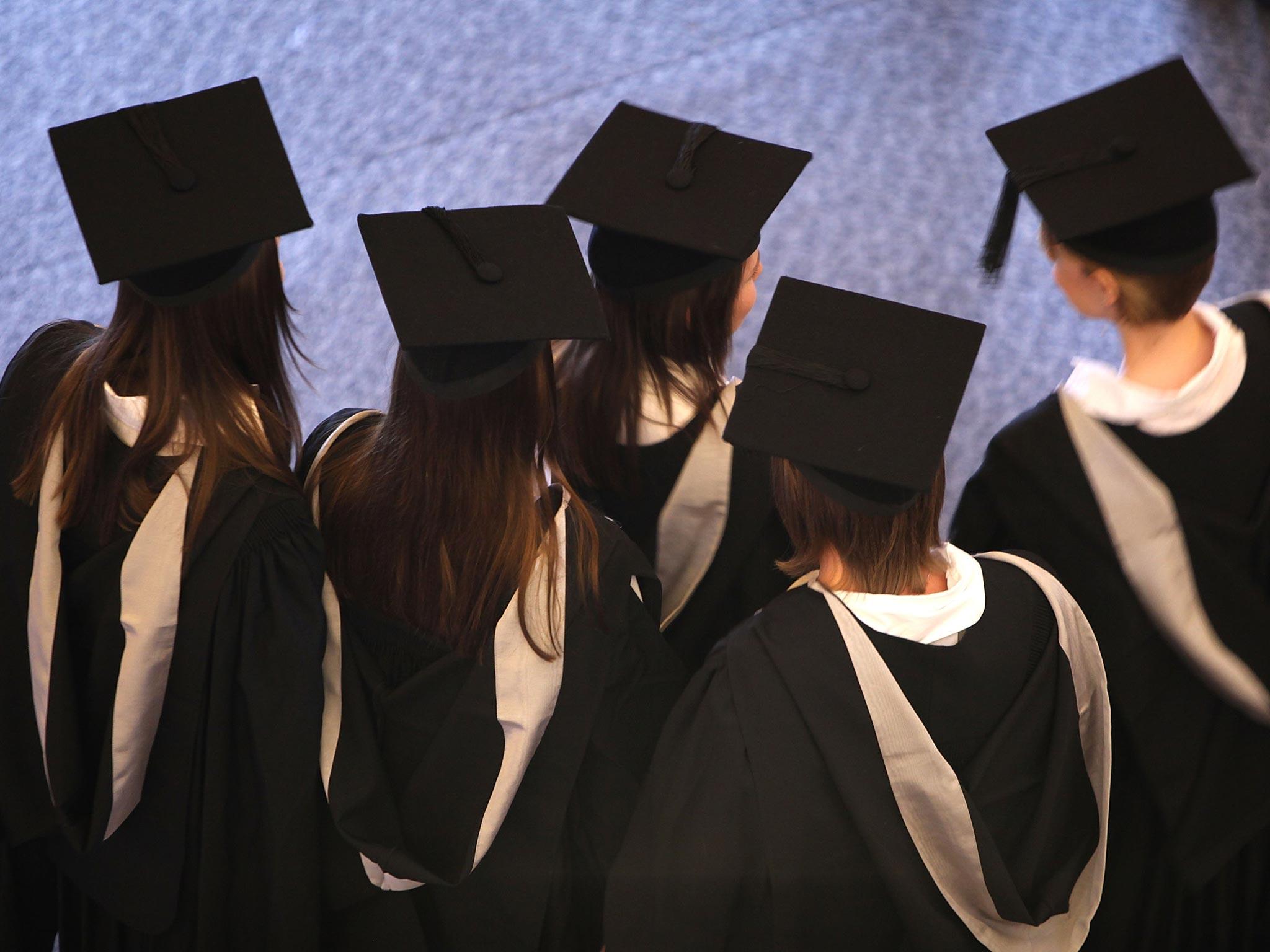The one chart that shows how the Conservatives will pile even more debt onto poorer students
Students from low-income families look set to be almost £12,500 worse-off under the Tories' tough student finance policies

The Conservatives say they’re committed to widening access in higher education and that anyone with the ability to succeed should have the opportunity to participate – regardless of their background or ability to pay.
Despite these sentiments, poorer students will be plunged into more than £53,000 of debt under George Osborne’s plans to turn the maintenance grant into a loan, says the Institute of Fiscal Studies (IFS).
Before the reforms, students from middle-income families graduated with the largest debts because of the higher maintenance loans to which these students were entitled.
Now though, this pattern will change as poorer students look set to graduate with the most debt. Assuming they take out the maximum loan to which they are entitled.
How much did the average debt amount used to be before the chancellor stepped-in? £40,700. That’s a whopping increase of just over £12,500.
There may be some good news though: low-income students look set to have an extra £550 more per year – raising student support by around £1,000 over the course of their degree.
However, this support will only be offered entirely in the form of a loan, meaning those from lower-income backgrounds will graduate with considerably more debt than they otherwise would have done. £53,216.56 to be exact.
Unsurprisingly, increases in repayments will only occur for those from lower-income families – while those within higher income brackets won’t be affected.
For example, the IFS estimates that students from the 30 per cent poorest families are likely to repay an average of around £3,000 more after the changes come into effect than they would have done previously.
Subscribe to Independent Premium to bookmark this article
Want to bookmark your favourite articles and stories to read or reference later? Start your Independent Premium subscription today.

Join our commenting forum
Join thought-provoking conversations, follow other Independent readers and see their replies